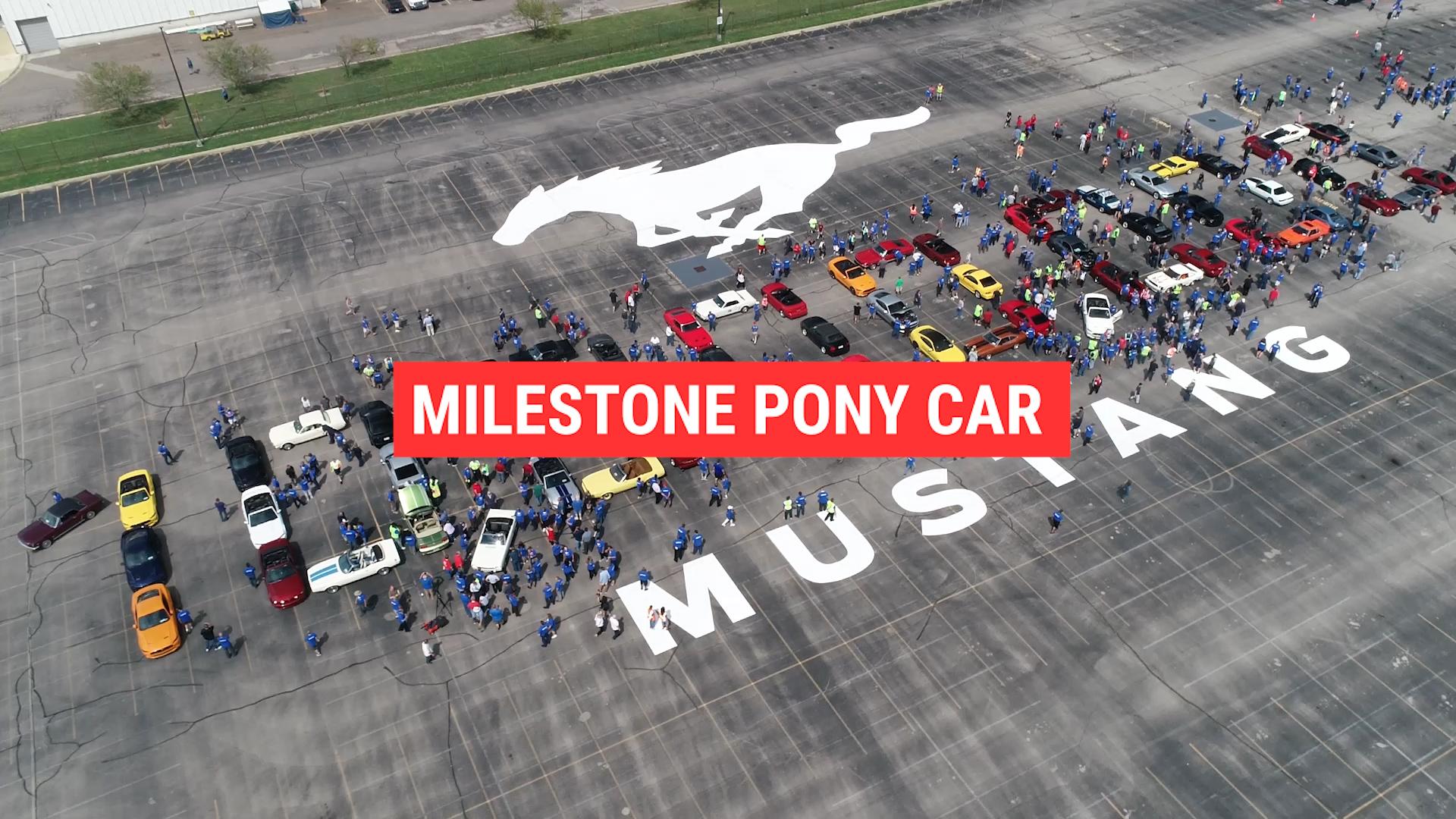The Detroit Free Press recently published a lengthy look at the waters Ford now navigates, from uneven success domestically to outright pain almost everywhere else. The picture presents the USS Blue Oval facing headwinds, high waves, deep water, and a lot of rip, for an indefinite time. The automaker’s plan to rescue itself has loosely been called the “fitness redesign,” and one of the plan’s components could be mining and selling customer data. If, akin to Facebook, Ford could harness advertiser access to consumers based on a detailed knowledge of users of Ford’s expanding mobility platforms, the carmaker might find huge profits.
Among the many moves Ford’s made within its mobility division, the company bought Silicon Valley startup Autonomic and North Carolina transit-technology firm TransLoc at the beginning of the year. Early this month, Ford bought dockless scooter startup Spin. Not long after that, Ford announced a partnership with Walmart and Postmates to design an autonomous-vehicle delivery service. A “mobility business group” within the Ford Smart Mobility division will “be responsible for growing the automaker’s existing mobility business … and future business that come out of Ford X.” Those growing points of regular, traceable contact could result in healthy data sales.
Ford CEO Jim Hackett made several comments to that effect during a podcast interview, such as, “We have 100 million people in vehicles today that are sitting in Ford blue-oval vehicles. That’s the case for monetizing opportunity versus an upstart. …” He added, “The issue in the vehicle, see, is: We already know and have data on our customers. By the way, we protect this securely; they trust us. We know what people make. How do we know that? It’s because they borrow money from us. And when you ask somebody what they make, we know where they work, you know. We know if they’re married. We know how long they’ve lived in their house because these are all on the credit applications. We’ve never ever been challenged on how we use that. And that’s the leverage we got here with the data.”
The Detroit carmaker isn’t alone in pursuing the idea. We figure the first carmaker to create a viable, profitable way to broker customer data across platforms will provide the case study for every other maker.
A scaled mining operation isn’t a near-term consideration, though; the fitness redesign needs larger and more immediate returns from brick-and-mortar divisions around the world. Ford Financial, the company’s lending arm, has put a good show on the P/L sheets, contributing 35 percent of Ford’s profit this year, up from 24 percent last year.
Elsewhere, save for the Middle East and Africa, the situations range from worrying to carnage. Ford lost 58 percent of market share in Mexico between 2008 and 2017. U.S. tariffs could erode the cash pile Ford needs to apply to emerging technologies. European losses total $973 million over the past five years; one analyst called the market “unsalvageable.” In the same time, South American losses amount to $3.9 billion. Another analyst said, “We expect operating losses to continue through at least 2020” in South America.
The brand underperforms in China, posting a larger-than-expected loss this year. The last CEO of Ford China resigned after six months, and a temporary CEO filled in for 10 months. China, however, remains so immature a market that Ford still has a chance, given a well-executed reorganization. Last month, Ford China became a standalone business unit, broken out of the Asia Pacific operations, with a new CEO. The company plans to launch 50 new vehicles there by 2025, and is lining up a number of new investments and partnerships. Even so, one analyst wrote, “Lincoln momentum has stalled after a series of marketing pushes. We do not see a path to sustaining Lincoln or Ford passenger car presence in the Asia Pacific region. Including China. We value Ford’s share of China [joint ventures] at zero.”
In fact, the analyst consensus seems to be, at best, skepticism. Hackett and his teams know Ford needs to be “fundamentally redesigned.” Analysts aren’t sure the executives will get it done, and done right, in time. One observer believes international markets are already so bad that “all that will ever be sufficiently profitable is in the U.S./Canada,” yet North American markets are unhealthfully dependent on full-size trucks, SUVs, and vans. Another said there’s a “low degree of confidence in management’s ability to successfully engineer a turnaround.”
Ford’s lack of detail about its reorganization and how it aims to combine its acquisitions has made it tough to get analysts on board. After Ford EVP Joe Hinrichs spoke to investors for 25 minutes at a New York conference last week, Hinrichs answered questions with more generalities. When an attendee asked for clarifications, Hinrichs said, “We have the details in our mind. … We’re not ready to talk about them.” One of those details involves painting all side mirrors on the 2020 Ford Explorer black in order to reduce complexity. The exchanges led another attendee to say, “Investors came into the conference desperate for details of Ford’s restructuring plans and all they got was a best-practices fundamentals lecture. I hope they also got a T-shirt.”
Related Video:

